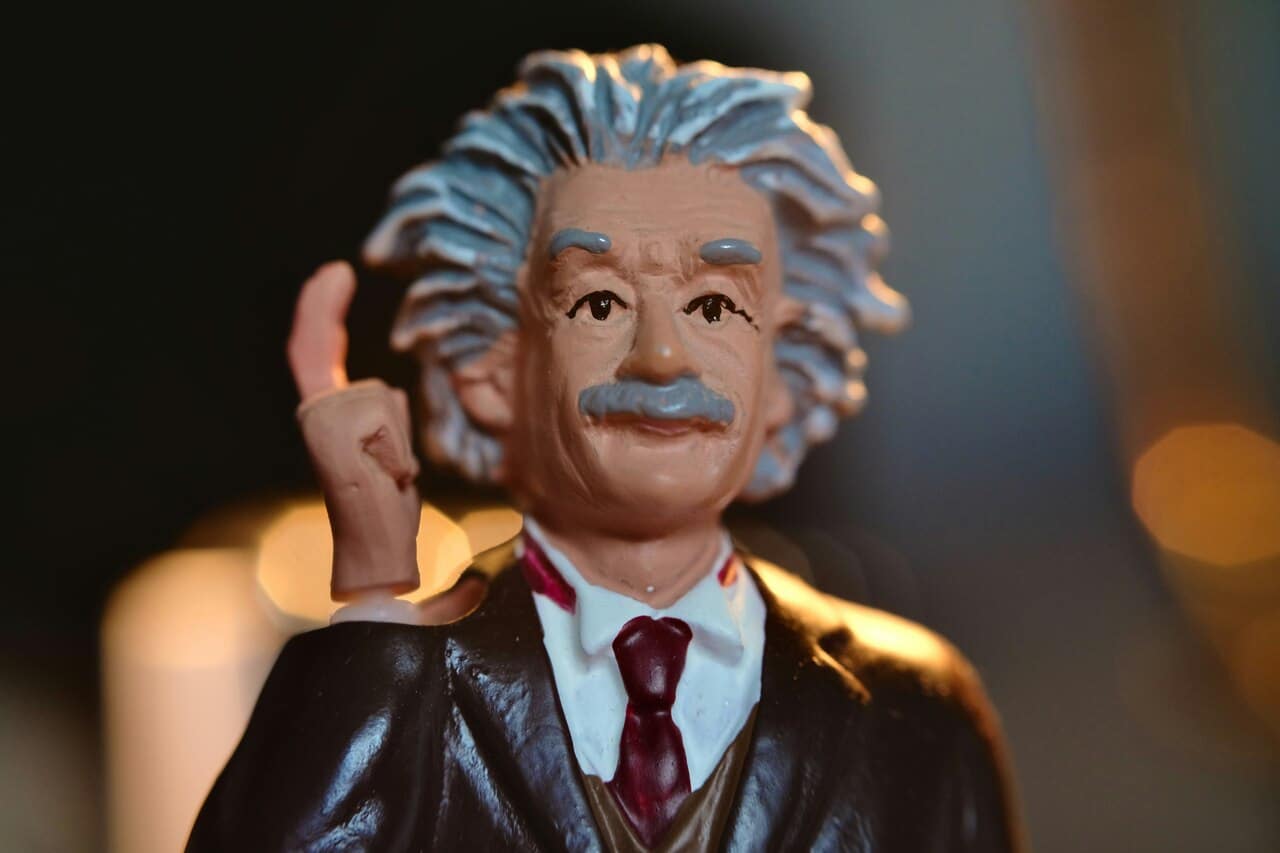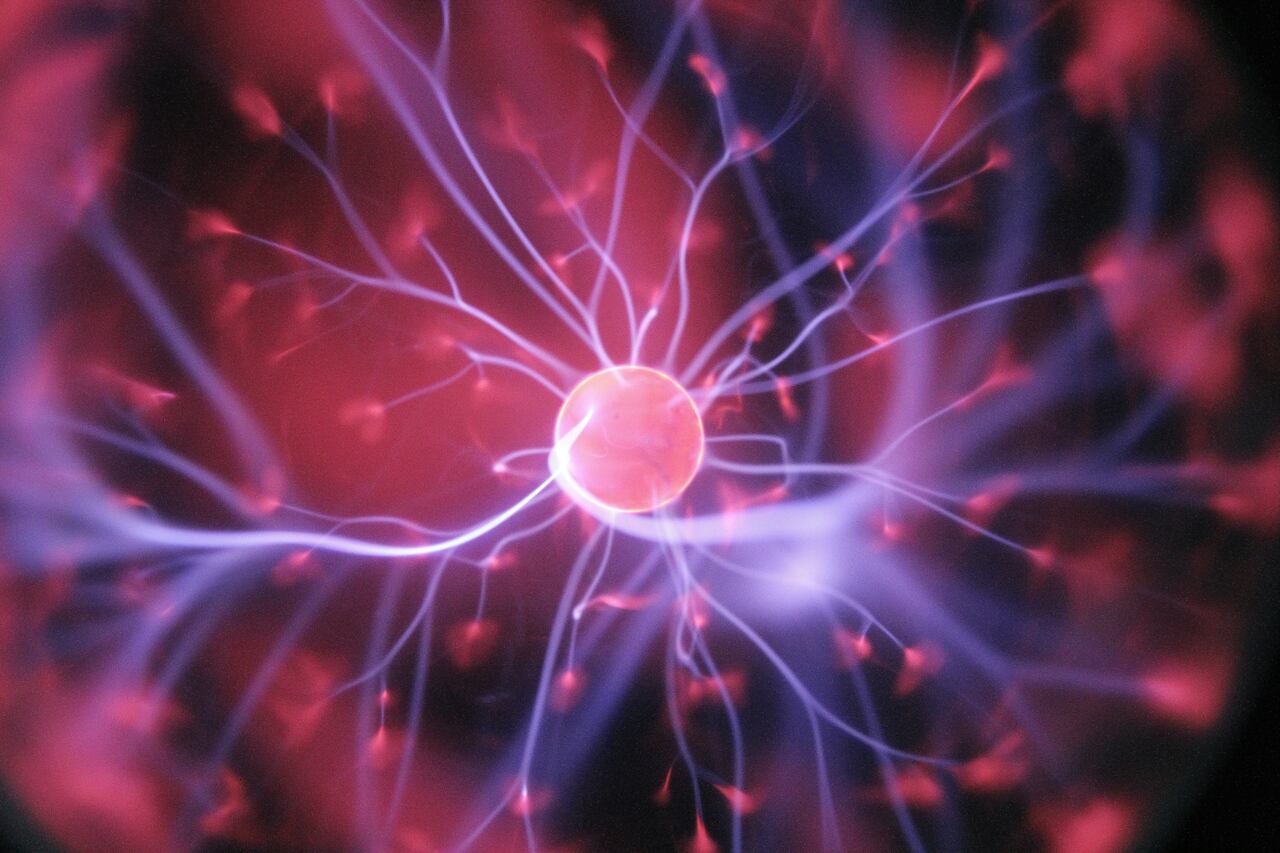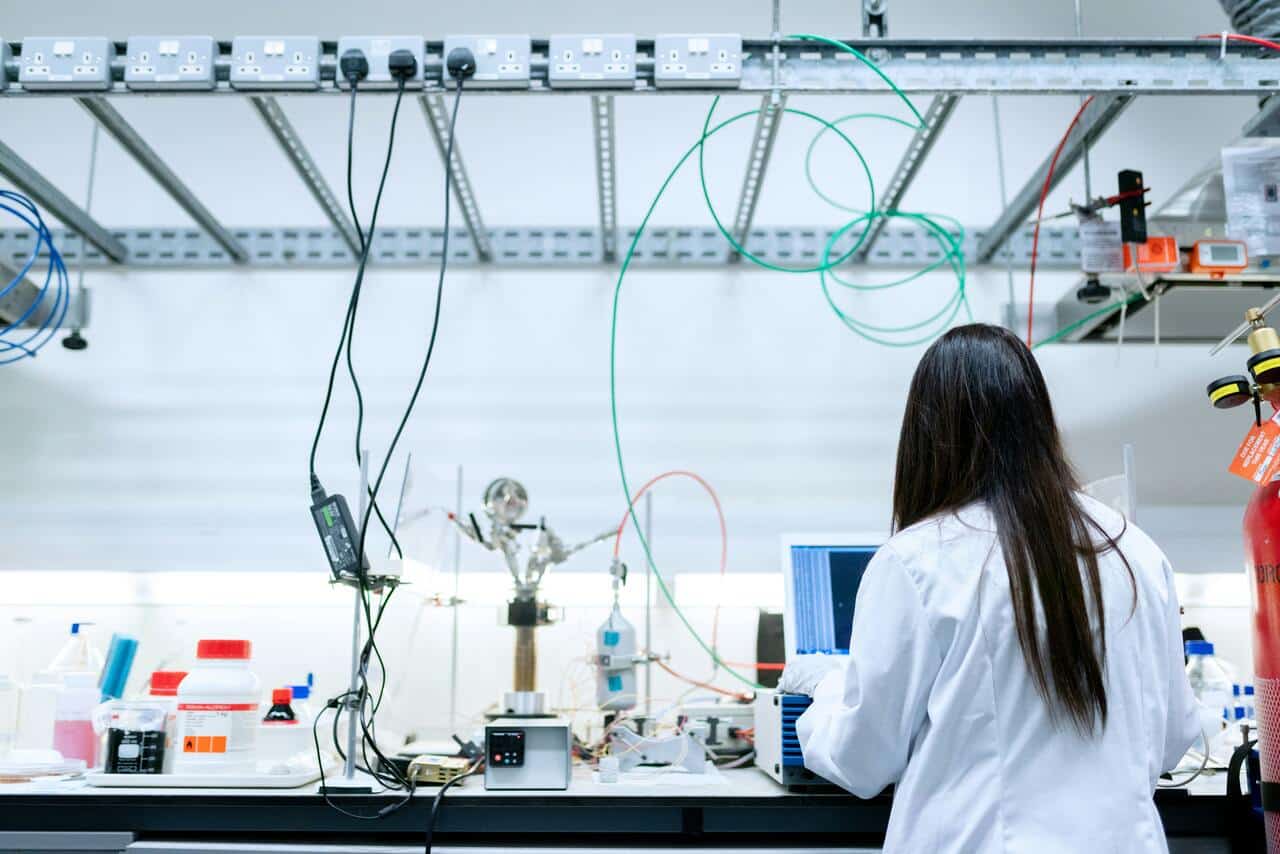
The Impact and Legacy of Hispanic Inventors
DATE:
Have you ever marveled at the brilliance of inventors and scientists who have shaped our world? Among these luminaries are many Hispanic inventors whose groundbreaking contributions have left indelible marks on our global society. Their stories highlight the diverse talent emerging from Spanish-speaking countries.
These inventors come from varied backgrounds and face unique challenges, yet their perseverance has led to significant advancements in technology, medicine, and environmental science. Among the interesting Spanish facts is the significant influence of these Hispanic inventors on various fields. Their innovative work continues to inspire and drive progress, illustrating the crucial role of diversity in global development.
Luis Walter Alvarez: Revolutionizing Physics and Beyond
Luis Walter Alvarez (1911-1988) was an American physicist, celebrated for his groundbreaking contributions to particle physics. Although born in San Francisco, California, Alvarez’s heritage was deeply rooted in Hispanic culture, with his paternal grandfather emigrating from Spain to the United States. He earned his Ph.D. from the University of California, Berkeley, where he later became a professor.
The Hydrogen Bubble Chamber
Luis Walter Alvarez, a name synonymous with genius in particle physics, revolutionized our understanding of subatomic particles through his invention of the hydrogen bubble chamber. This device became crucial in examining electrically charged particles and paved the way for discoveries that earned Alvarez the Nobel Prize in Physics in 1968.
Contributions to Particle Physics
Alvarez’s extensive work in particle physics went beyond laboratory walls, influencing various scientific fields and technologies. His methodology and findings helped construct a broad picture of particle interactions, contributing significantly to what we know today as the Standard Model of particle physics.
Ellen Ochoa: Reaching for the Stars as a NASA Astronaut
Ellen Ochoa, born in 1958 in Los Angeles, California, is a trailblazing astronaut and the first Hispanic woman in space. Ochoa’s Hispanic heritage comes from her paternal grandparents, who were Mexican immigrants. This background played a significant role in shaping her identity and her approach to her career and public service.
First Hispanic Woman in Space
Ellen Ochoa’s journey into space as the first Hispanic woman astronaut marked a monumental moment for diversity in science and technology. Her missions on the Space Shuttle paved the way for many aspiring astronauts from diverse backgrounds to dream big and reach for the stars.
Robotics Research
Beyond her stellar expeditions, Ochoa’s work with robotics has significantly impacted the operations aboard the International Space Station. Her developments in robotic technology have enhanced how astronauts conduct daily tasks and manage space station maintenance.

Mario Molina: Uncovering the Threat to the Ozone Layer
Mario José Molina-Pasquel Henríquez (1943-2020) was a Mexican chemist who became a pivotal figure in the discovery of the ozone layer depletion by chlorofluorocarbons (CFCs). Educated at the National Autonomous University of Mexico and later at the University of California, Berkeley, Molina’s research alongside Rowland led to the worldwide acknowledgment of the environmental issue and the subsequent policy changes, including the Montreal Protocol.
Research on CFCs and Ozone Depletion
Mario Molina, together with his colleague, was pivotal in identifying the deleterious effects of chlorofluorocarbons (CFCs) on Earth’s ozone layer. This groundbreaking research led to global policy changes, including the Montreal Protocol, aimed at protecting the ozone layer.
Nobel Prize in Chemistry
For his invaluable contributions to environmental science, Molina was awarded the Nobel Prize in Chemistry in 1995, underscoring the significant global impact of his work and highlighting the critical role of science in policymaking.
Baruj Benacerraf: Pioneering Discoveries in Immunology
Baruj Benacerraf (1920-2011) was a Venezuelan-American immunologist who won the Nobel Prize in Physiology or Medicine in 1980. Born in Caracas, Venezuela, Benacerraf moved to the United States for his education, completing his M.D. at the Medical College of Virginia.
Immune Response and Organ Transplantation
Nobel laureate Baruj Benacerraf’s research fundamentally changed our understanding of the human immune system. His work on genetic regulation of immune responses has had profound implications in the fields of organ transplantation and disease treatment.
Nobel Prize in Physiology or Medicine
Benacerraf’s pioneering contributions were recognized with a Nobel Prize in Physiology or Medicine in 1980, celebrating his lasting impact on medical sciences and the lives of millions around the world.
Alberto Santos-Dumont: A Visionary of Early Aviation
Alberto Santos-Dumont (1873-1932) was a Brazilian aviation pioneer, one of the very first to demonstrate that controlled flight was achievable. Born in the Brazilian state of Minas Gerais, Santos-Dumont dedicated his life to aeronautical study and innovation.
The 14-bis
Alberto Santos-Dumont’s 14-bis aircraft took to the skies in 1906, demonstrating that controlled flight was not only possible but imminent. His innovations contributed to the development of aviation and inspired future advancements in aerospace engineering.
Contributions to Airship Development
Santos-Dumont was also instrumental in advancing airship design. His work encouraged further exploration and utilization of airships in various contexts, from exploration to military applications.

A Vision for the Future
If you’re inspired by the stories of these remarkable individuals and want to delve deeper into your own Hispanic roots or learn Spanish, SpanishVIP is here to help. With dedicated teachers and student success advisors, SpanishVIP offers a unique educational experience that can empower you to explore new horizons. Whether you want to start with a free 1:1 class or enjoy a free 7-day trial of our group classes, we invite you to join us in celebrating the rich heritage and future potential of Hispanic innovation.








